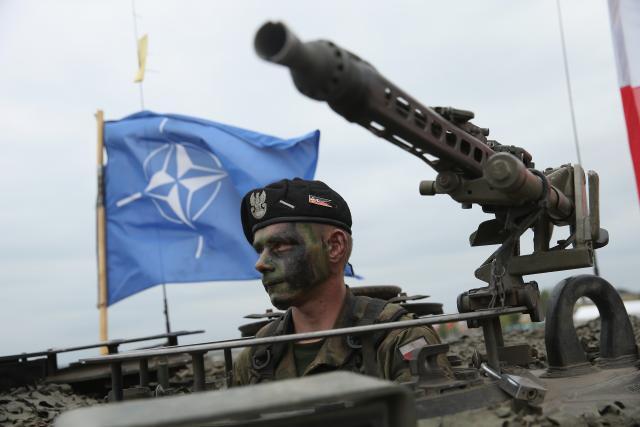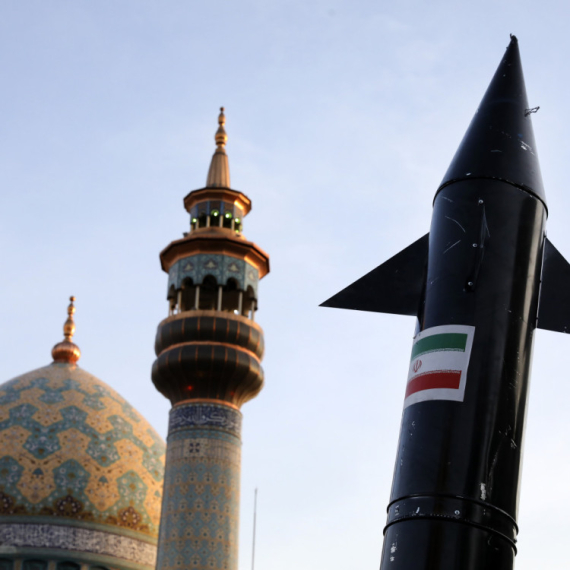"Serbia makes big step toward NATO"
"Serbia, which Moscow considers its main ally in the Balkans, has made a big step towards NATO," estimated Moscow-based daily Kommersant.
Wednesday, 17.02.2016.
11:57

"Serbia makes big step toward NATO"
"With this Belgrade, without formally rejecting the policy of neutrality, is actively expanding cooperation with NATO", assessed the paper.Kommersant further writes that the agreement between Belgrade and NATO raises cooperation to a new level and that the Serbian opposition "which calls itself pro-Russian" strongly criticized it.
The article then quotes unnamed sources close to the ruling circles in Serbia as saying it is unlikely that President of Serbia Tomislav Nikolic will "veto" the agreement and thus confront the prime minister, "regardless of the fact he represents a more pro-Russian position."
The daily also quoted Serbian analyst Dragomir Andjelkovic who believes that after the ratification of the agreement with NATO, "Serbia should provide the same conditions for Russia - within the humanitarian center in Nis."
The article notes that an agreement on the terms of stay of staff in Nis should have been signed during the visit of Russian President Vladimir Putin to Belgrade in the fall of 2014, "but it did not happen."
"At the last moment the Serbian side insisted that the issue be taken off the agenda," the paper said, and added, citing "sources close to the government of Serbia" that the signing of the document "meant an increase of the center's privileges and giving special status to its personnel."
That status could be interpreted as a diplomatic and would represent a new friction point in relations between Belgrade and the West, the source added.
Kommersant then estimated that "the perspective of the enlargement of the center in Nis and giving special status to the personnel become even more vague" after Serbia last spring joined the EU Civil Protection Mechanism.
The daily estimates that the January visit of Russian Deputy Prime Minister Dmitry Rogozin did not contribute to bringing the positions of Belgrade and Moscow closer.
"The Moscow guest's statement on the consequences of Serbia's EU integration, which Vucic has set as a strategic goal of the country, irritated Belgrade, and especially (Rogozin's) meeting with the leader of the Radicals and the strong opponent of the authorities, Vojislav Seselj," the paper said.
According to this, "even the pro-Russia oriented Tomislav Nikolic "did not hide his resentment and said that as president he never contacted the Russian opposition."
Kommersant writes that the ratification of the new agreement with NATO "did not go unnoticed" in Moscow because Foreign Ministry spokeswoman Maria Zakharova told Beta that Moscow "notes that Serbia is developing relations with NATO" and counts on it continuing the policy of neutrality.





















Komentari 40
Pogledaj komentare